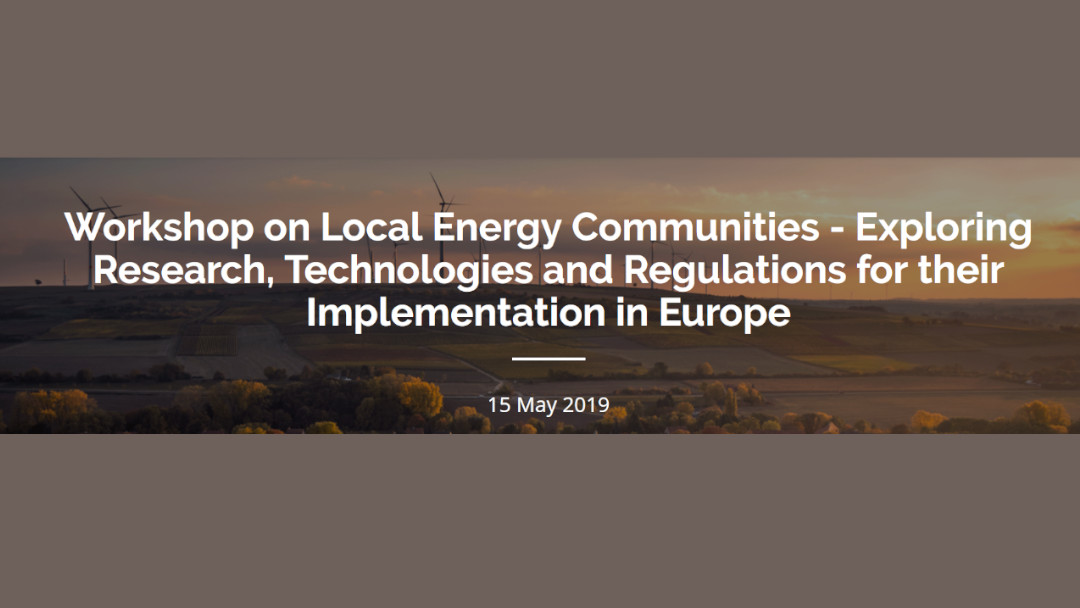The European Horizon 2020 program will offer a workshop on local energy communities on May 15 in Brussels, where four of its projects will be presented: COMPILE, MERLON, STORY and MUSE GRIDS. The latter has the participation of CARTIF.
With the title “Local Energy Communities – Exploring Research, Technologies and Regulations for their Implementation in Europe”, the event will foresee presentations, a panel discussion and a workshop focused on the opportunities and challenges for the development of local energy communities in Europe. The event will take place in the VLEVA Auditorium of the Belgian capital, will last all day and the entrance will be free of charge.
The MUSE GRIDS initiative will have a leading role in the day with the presentation and explanation of the project, a corporate stand, speakers in the discussion panel and moderators in the afternoon workshop.
MUSE GRIDS, which started in November 2018 and has an expected duration of 4 years, is a research project that aims to demonstrate a set of technological and non-technological solutions to optimize self-production and the use of energy in local areas. To achieve this goal, two large-scale pilot projects will be implemented in different European contexts where there are weak connections with the national network: Oud-Heverlee, a rural neighborhood in the Flanders región (Belgium), and Osimo, a city on the top of a hill in the Marche region (Italy).
This project explores the best solutions for areas that, due to geographic and logistical reasons, have weak connections with the national network, and shows how, by interacting, the different energy vectors of a local energy network can contribute to the development of local energy islands, thus maximizing local energy independence and reducing operating costs.
The MUSE GRIDS consortium is made up of 18 partners from 7 countries,
including universities, research centers and leading energy companies
in the European Union.
Register
